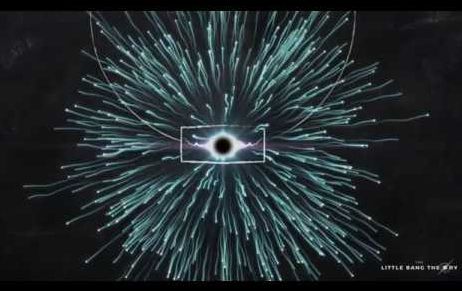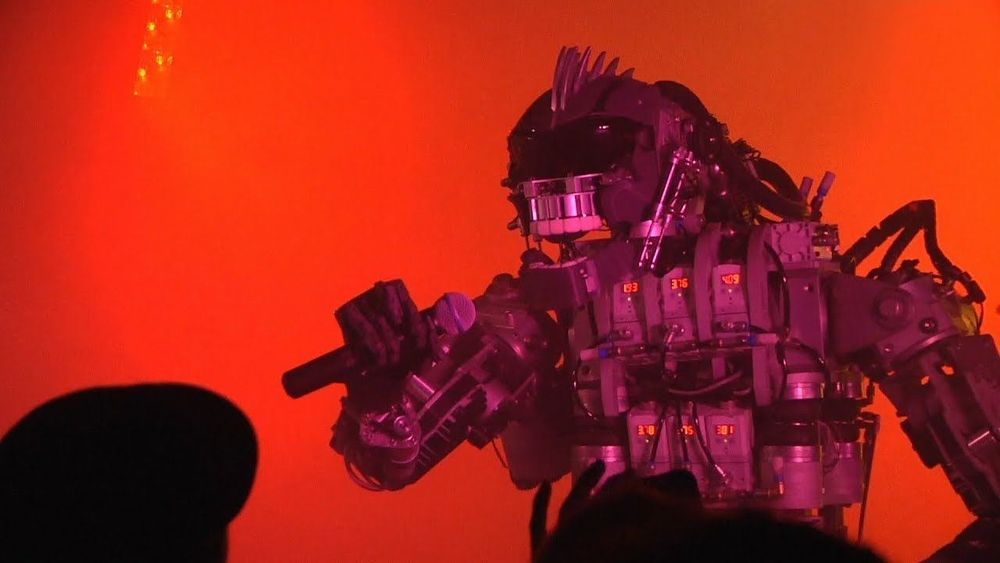
Category: futurism


Lunacy: how science fiction is powering the new moon rush
Science fiction is often seen as an anticipation – a fiction peculiarly expected to graduate into fact. But if technologies once found only in SF do sometimes become real they do not, in so doing, always cease to be science fictional. SF is not, after all, simply a literature about the future; it is a literature about the shock of new capacities and new perspectives, about transcendence, estrangement and resistance in the face of the inhuman. Its ideas shape and constrain the ways in which technological possibilities are seen, understood and experienced long after those possibilities are first tentatively realised. It illuminates the dreams of Musk, Bezos and all the other new moon-rushers.
Fifty years after the first moon landings, a new generation of space travellers, from Xi Jinping’s taikonauts to Jeff Bezos, are racing to colonise our nearest neighbour. Is reality catching up with sci-fi?

Stunning Sonar Image Just Revealed Largest Underwater Volcano Eruption Ever Detected
In November last year, geologists announced they’d picked up something really weird: a huge seismic event originating in the island of Mayotte in the Indian Ocean, felt all across the globe, source unknown. A few months later, scientists used modelling to produce an answer — hypothesising a giant underwater volcanic eruption.
And now it seems that is pretty likely to be the case. Scientists travelled out to where they think the swarm’s epicentre is located, and they found a large active volcano, rising 800 metres (2,624 feet) from the seafloor, and sprawling up to 5 kilometres (3.1 miles) across.
A large active volcano that wasn’t there six months prior.


Compressorhead-Ace of Spades-Now with 350kg Singer
Hey Meatbags! Here you go, just what you’ve all been waiting for…
Meet “Mega-Wattson” the new singer and “Hellga Tarr” the new guitarist and backing vocalist.
https://doomprints.de/gb/18-compressorhead-merchandise
Follow us:
https://www.facebook.com/compressorhead/
http://compressorhead.rocks/

Cybercriminals Are Holding an Entire US City Hostage
The city of Baltimore is under attack, but not by someone armed with guns or bombs.
Two weeks ago, cybercriminals used ransomware known as RobinHood to seize control of about 10,000 of the city’s computers, saying they won’t relinquish access unless Baltimore hands over about $100,000 worth of bitcoin.
Baltimore is refusing the meet the ransom demand. However, it also isn’t equipped to crack the ransomware, meaning it’s been forced to go largely offline — another disturbing example of modern government’s inability to keep up with the evolving threat of cybercrime.



